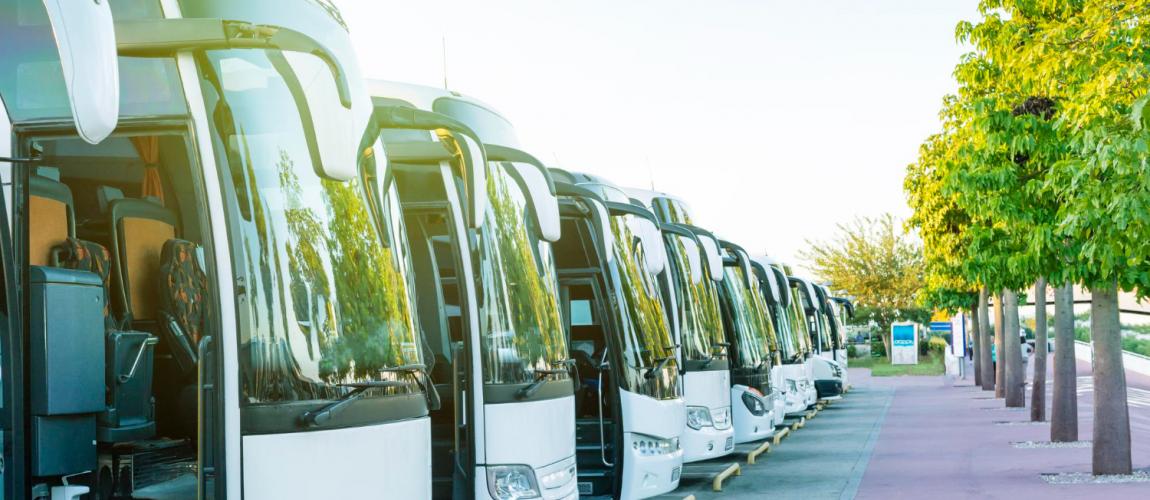Sheberghan City Bus Terminal, Sheberghan, Afghanistan

Photo Credit: Image by Freepik
On this page: A case study on Sheberghan City Bus Terminal, Sheberghan, Afghanistan. Find more at the Municipal Public-Private Partnership Framework - Project Summaries section for brief summaries of around 100 projects from around the world, examples of successes and challenges, as well as innovative ideas on solutions, or visit the Guidelines to Implementing Asset Recycling Transactions Section Overview and Content Outline, or download Full Version of the Report.
Project Summary: Background Bus passengers in Sheberghan had to wait for buses outside on the main road, sometimes for hours, without access to public toilets or other facilities. There was also no organized parking space for dropoffs and pickups, which caused traffic jams and frequent road accidents. After receiving complaints from residents on the absence of a bus station in the city, the municipality decided to construct a modern bus terminal and to enter into a PPP for the operation and management of the bus terminal to ensure its long-term sustainability. Project Structure The municipality built the bus terminal and made the project site available to a local private investor. Of the total USD 230,000 investment cost, the municipality contributed USD 50,000, a United States development aid agency contributed USD 120,000, and the private partner provided the remaining USD 60,000. In addition to the operation and management of the bus terminal, the private partner was responsible for constructing 16 municipally-owned shops adjacent to the bus terminal at no cost to the municipality. In return, the private partner leases the shops from the municipality at no charge for five years, during which it may recover its initial investment in the project plus a reasonable return by subleasing the premises. After the initial, five-year period, the private investor will begin making lease payments to the municipality, further contributing to the sustainability of the facility. Lessons Learned The bus terminal was inaugurated on 13 November 2013 and the project site comprises a canopy, shops, a restaurant, modern toilets, and other facilities. The municipality plans to use the lease revenue it will receive from the private partner for reconstruction projects throughout the city. Through this PPP project, the municipality gained both social and economic benefits. The project not only helped address the traffic problems and improve passengers’ well-being, it also allowed the municipality to earn revenue from leasing the shops to the private partner.
This is a new section of the PPPLRC website and is currently in draft form. Your feedback is welcome: If you would like to comment on the content of this section of the website or if you have suggestions for links or materials that could be included please contact us at ppp@worldbank.org.
To find more, visit the The Municipal Public-Private Partnership Framework - Project Summaries section, the Guidelines to Implementing Asset Recycling Transactions Section Overview and Content Outline, or download Full Version of the Report.
Updated: March 8, 2024